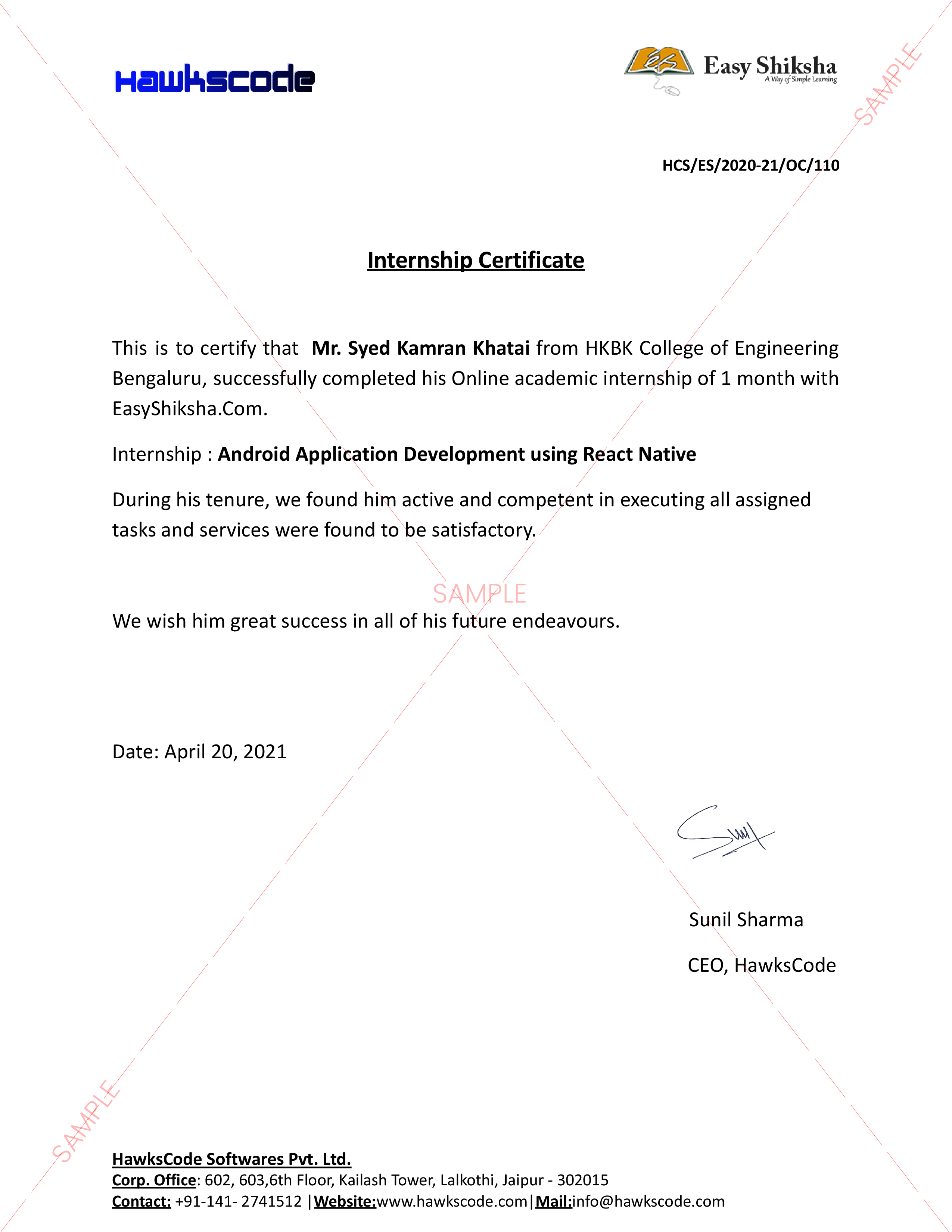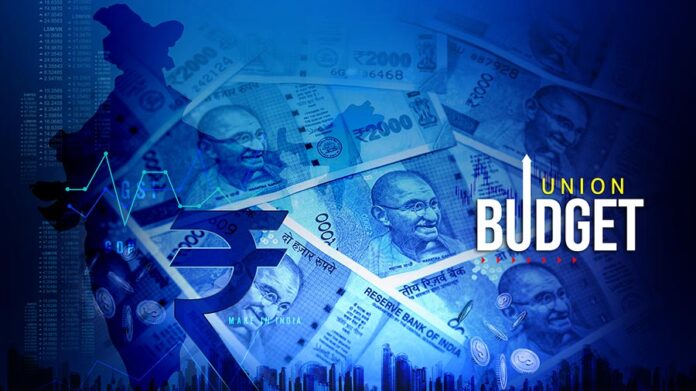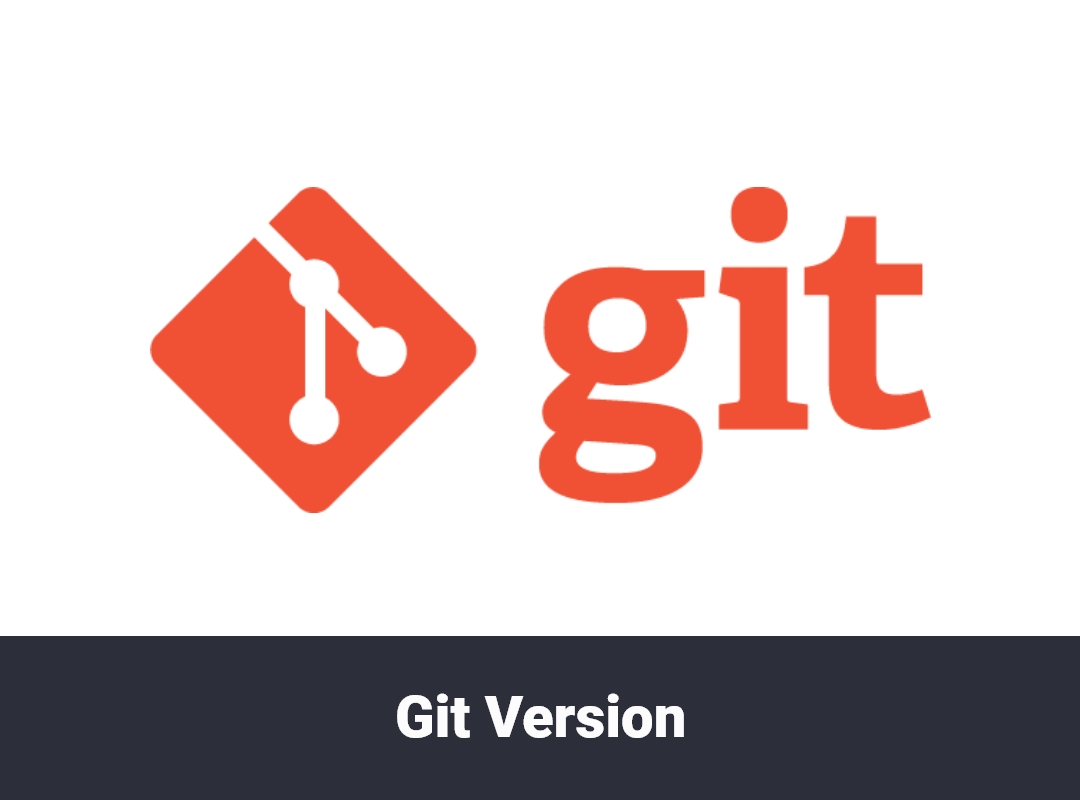Anticipating the fiscal roadmap for 2024: Explore insightful pre-budget expectations, expert analyses, and industry perspectives in our comprehensive pre-budget expectation quote. Gain valuable insights into potential policy shifts, economic priorities, and market implications as we prepare for the upcoming budget announcement.
Quote from Mr. Uday Narang Chairman, Anglian Omega Group and Omega Seiki Mobility, regarding the budget expectations for the year 2024.
” For India’s electric vehicle revolution to truly shift gears, three factors must align: affordability, accessibility, and sustainability. Affordability hinges on continued government support: Reduced GST on lithium-ion batteries and the introduction of FAME 3 with clarity on subsidy of electric trucks, alongside domestic battery manufacturing and skilling initiatives. Accessibility demands a robust charging infrastructure that reaches beyond metros, powered by clean energy sources and bolstered by open data standards for seamless charging. Sustainability, a focus on responsible end-of-life battery management, with R&D in recycling and circular economy measures leading the way. Prioritizing these pillars is the only way India can unlock the true potential and adoption of electric vehicles.“
Also Read: Chartered Accountants Final Examination held in November, 2023
 Mr. Prateek Maheshwari, Co-Chair of India Edtech Consortium (IEC) and Co-Founder of Physics Wallah (PW) says, “In view of upcoming interim Union Budget, we would like to appeal to government to increase education sector’s budget, and reduce GST slab from 18% to 5% on educational products & services. Our aim is to establish a strong foundation for the country’s children, particularly those from economically disadvantaged backgrounds. Additionally, given the evolving world and our shifting approach to education, driving a change to ensure affordable and quality education at scale needs more collaboration for public and private sectors. For this, reducing GST on educational services would also remove financial strain on parents, promoting affordability. Apart from this, focusing on collectively enhancing youth skills to increase employability and reduce skilling gaps is imperative for Indian economy’s growth.”
Mr. Prateek Maheshwari, Co-Chair of India Edtech Consortium (IEC) and Co-Founder of Physics Wallah (PW) says, “In view of upcoming interim Union Budget, we would like to appeal to government to increase education sector’s budget, and reduce GST slab from 18% to 5% on educational products & services. Our aim is to establish a strong foundation for the country’s children, particularly those from economically disadvantaged backgrounds. Additionally, given the evolving world and our shifting approach to education, driving a change to ensure affordable and quality education at scale needs more collaboration for public and private sectors. For this, reducing GST on educational services would also remove financial strain on parents, promoting affordability. Apart from this, focusing on collectively enhancing youth skills to increase employability and reduce skilling gaps is imperative for Indian economy’s growth.”
Sumit Kumar, Chief Strategy Officer, TeamLease Degree Apprenticeship, “All eyes are on India for the economic growth that is expected to scale the foreign investments in the country. Being the last budget of the 2nd term of the current Govt, we do expect massive reforms and initiatives for transformative and sustainable future socio-economic growth. The “Skill India”, “make in India” , “PLI”, “Ayush”, “Infrastructure development”, “NEP”, “Gift City” and ‘Digital University” initiatives have led to enhancing the skilling and education ecosystem; and employment generation. Considering the future jobs will be influenced by AI, we need to scale the reforms and initiatives to support the expected GDP of 7% and beyond to prepare India to achieve $30 trillion economy by 2050. First and foremost, we need immediate reform in the Apprenticeship Act, which the Finance Minister has been referring to in the last 2 budgets. We need a more simplified system which is currently fragmented. Second, quota to be revised to 25% for organizations that are contributing to net zero carbon emissions and hiring women apprentices. This is good for inclusive and sustainable growth.”

Ms. Nandini Ghatak – Principal, Modern High School International, Kolkata
As the country moves to restructure its education system, the reaffirmation of the teacher as a critical member in this journey gains greater emphasis. In this context, effective and ongoing professional development to upskill and equip teachers becomes vital. If education is to be transformative in nature, then teachers should be able to model the skills and competencies that we expect students to possess. Therefore, it becomes imperative for schools to develop a culture of learning to support teachers to improve their teaching practice; helping develop a culture of learning where at all levels people learn and develop their skills as a community. This requires budgetary allocation since this implies a major shift in the way schools across the country operate. Building teacher networks where exchange of knowledge and skills can be facilitated and devising clear pathways for teacher development and support will go a long way in building schools as learning organisations.

Quotes from Great Lakes Gurgaon, Shiv Nadar School and Great Lakes Chennai
- Prof. Vishwanathan Iyer, Senior Associate Professor and Director of Accreditation – Finance and Accounting, Great Lakes Institute of Management, Chennai
“As India eagerly anticipates the fifteenth budget on Feb 1, 2024, the evolving landscape of budgetary presentations underscores the need for a strategic shift. Past budgets, marked by a heavy emphasis on capital expenditure, now witness a favorable economic scenario, prompting expectations of a nuanced fiscal strategy. With the nation’s focus on education intensifying, the need to align capital expenditure with investments in human resources becomes paramount. The implementation of NEP 2020 necessitates a substantial commitment to address the scarcity of human resources in Higher Education Institutions. The glaring disparities in the Faculty Student ratio and internationalization indicators, as highlighted in the QS Asia University Rankings 2024, emphasize the urgency for substantial fiscal support. While the proposed 100% increase in the education budget to Rs 2.25 trillion may seem daunting, robust tax collections and a significant surplus in revenue create a conducive environment for a transformative leap. The nation looks to Budget 2024 as a stepping stone towards bridging global gaps in education and fostering a new era of academic excellence.”
- Dr. VP Singh, Director – PGDM & Professor – Managerial Economics & Statistics, Great Lakes Institute of Management, Gurgaon
This year we expect to see an extraordinary budget regarding education. This government this government’s budgets in the past have emphasised a lot on infrastructure where allocation increased 4 times from Rs 2.5 lakh crores to 10 crores. Jan Dhan Yojana has enabled financial inclusion by bringing more than 50 crore people under formal banking; almost similar number of people benefitted from Aayushman Bharat PMJAY scheme by getting health insurance; 81.35 crore people have been benefitted from the PM Garib Kalyan Anna Yojana; Jan Jeevan mission has been announced; 100 per cent rural electrification has been achieved. Almost all social sectors have been impacted through past budgets. This time it is highly likely that the education sector will get a big boost. There may be 100 per cent increase in allocation to education sector.
- Ms. Shashi Banerjee, Director of Education, Shiv Nadar School
The budget for education needs to empower our youth to be ready for a fast-evolving world. The interim budget can lay the groundwork for NEP’s vision and objectives with IC2: infrastructure, capacity and collaboration. In order to increase the Gross Enrolment Ratio (“GER”) in higher education, including vocational education, from 26.3% (2018) to 50% by 2035, we require investments and capacity addition. Plans such as integrating Anganwadis with elementary schools and including a “Preparatory Class” or “Balavatika” before Class 1 require additional infrastructural facilities, building teacher capacities and hiring additional teachers in elementary schools. Similarly, extending health check-ups and growth monitoring and schemes such as PM Poshan and Swayam require budgetary support. We may also see a trend towards increased international collaborations through Multi-disciplinary Education and Research oriented Universities, along with EdTech and other private institutions through internships and training.
There is less likelihood of a significant increase in budgetary allocation in the education sector due to the wider aim to narrow the fiscal deficit, coupled with modest aggregate domestic demand and the implementation of the Model code of conduct before the general elections. Post elections, we hope that leveraging India’s demographic dividend by increased spending in the education sector is considered a priority.
Top Courses in Mobile App Development
More Courses With Certification
Pre-Budget expectations quote from GITAM (Deemed to be University) in the education sector
Tax framework to support education advancement
“Union Budget 2024 is expected to play a crucial role in sculpting a tax framework that supports educational advancements, addresses financial challenges for students, and contributes to the goal of achieving a higher GER, ultimately fostering economic growth through a well-educated and skilled workforce. He stresses the need for comprehensive teacher training programs, ensuring educators are equipped with the necessary skills to leverage modern tools effectively. All eyes are on India for the economic growth that is expected to scale the foreign investments in the country. Allocating resources to education is highlighted as an investment in the minds and aspirations of the nation’s youth.
Nidheesh Saxena, Senior Director of Admissions, GITAM (Deemed to be University)
This year educate yourself and develop your career with EdTech Platform EasyShiksha





































































